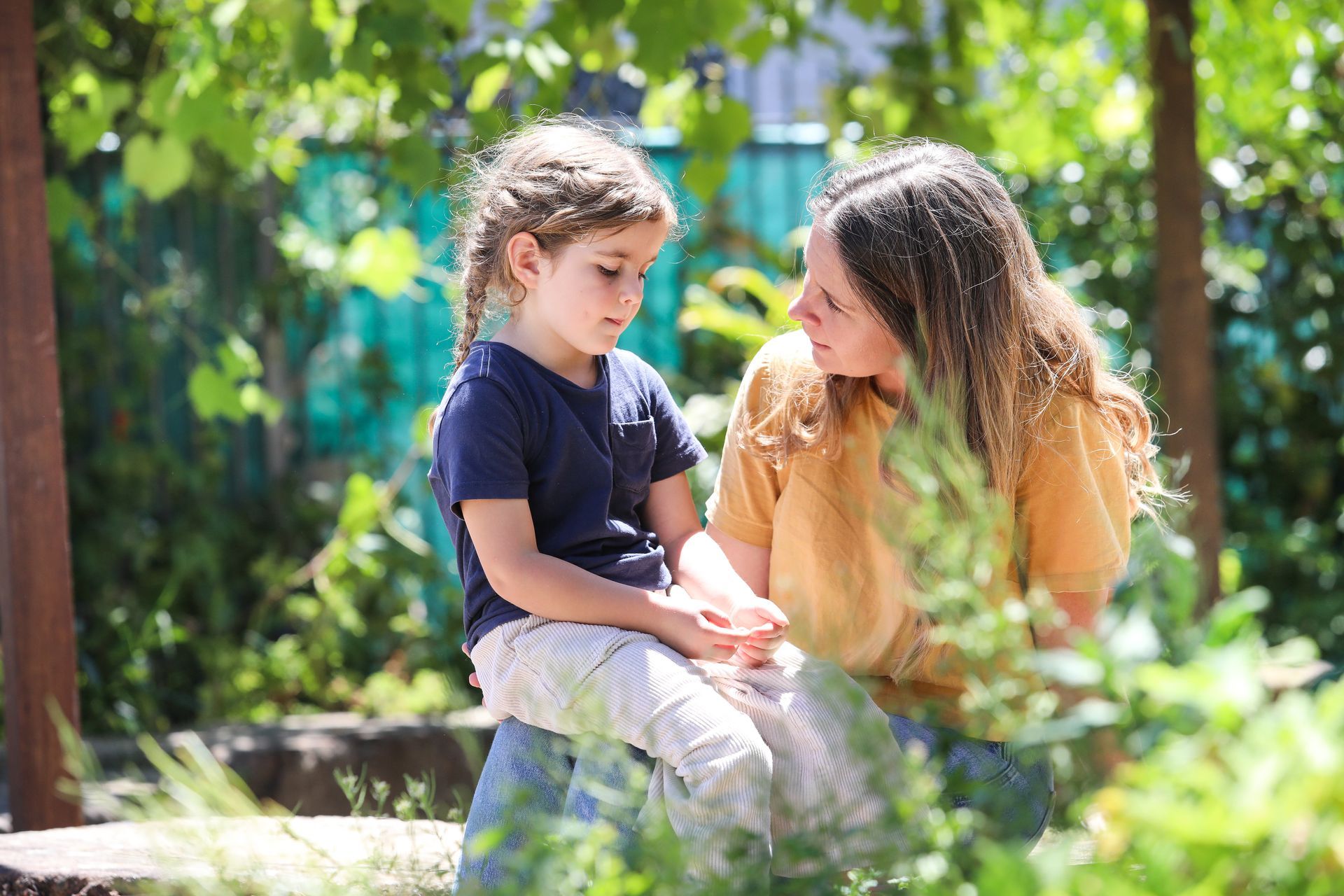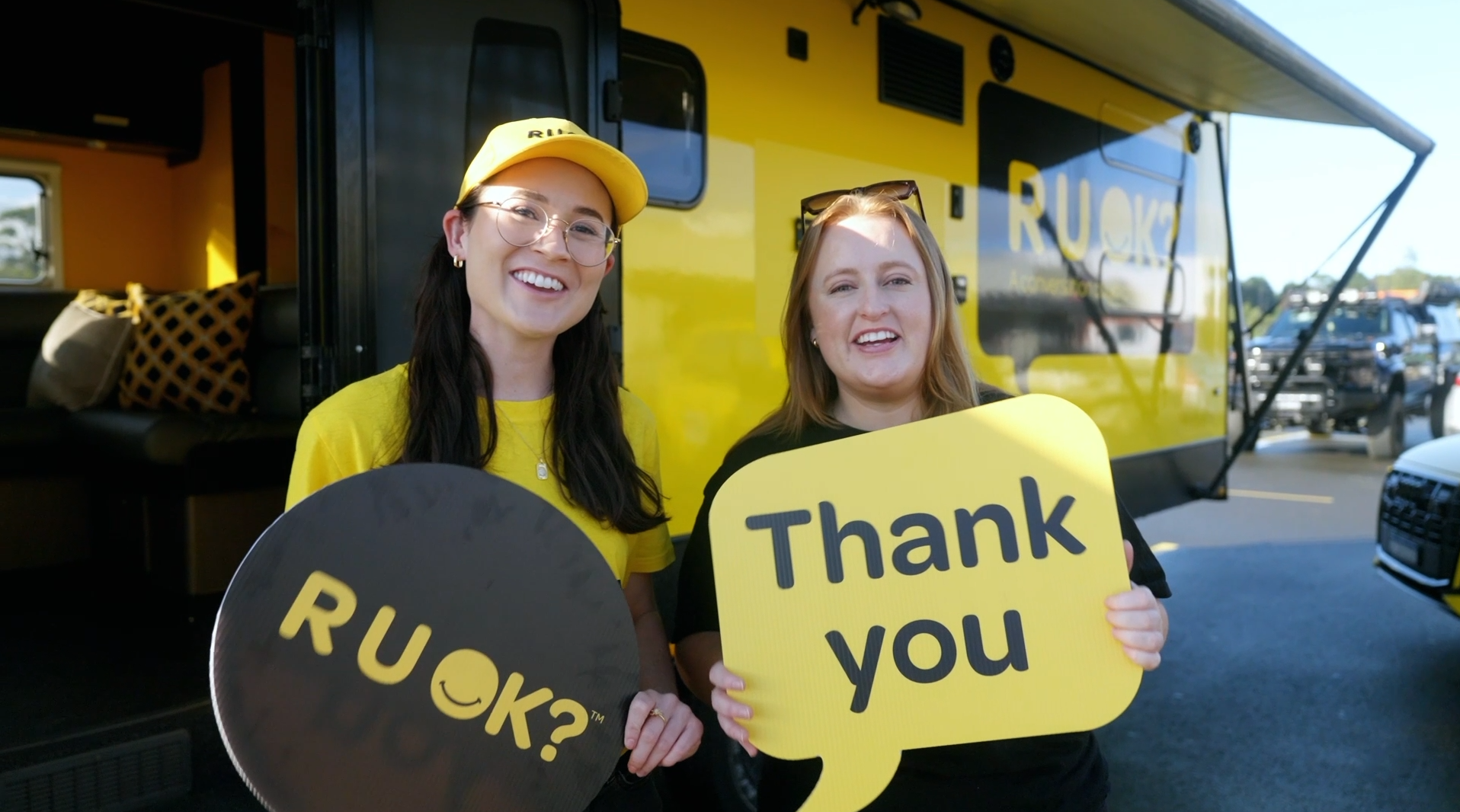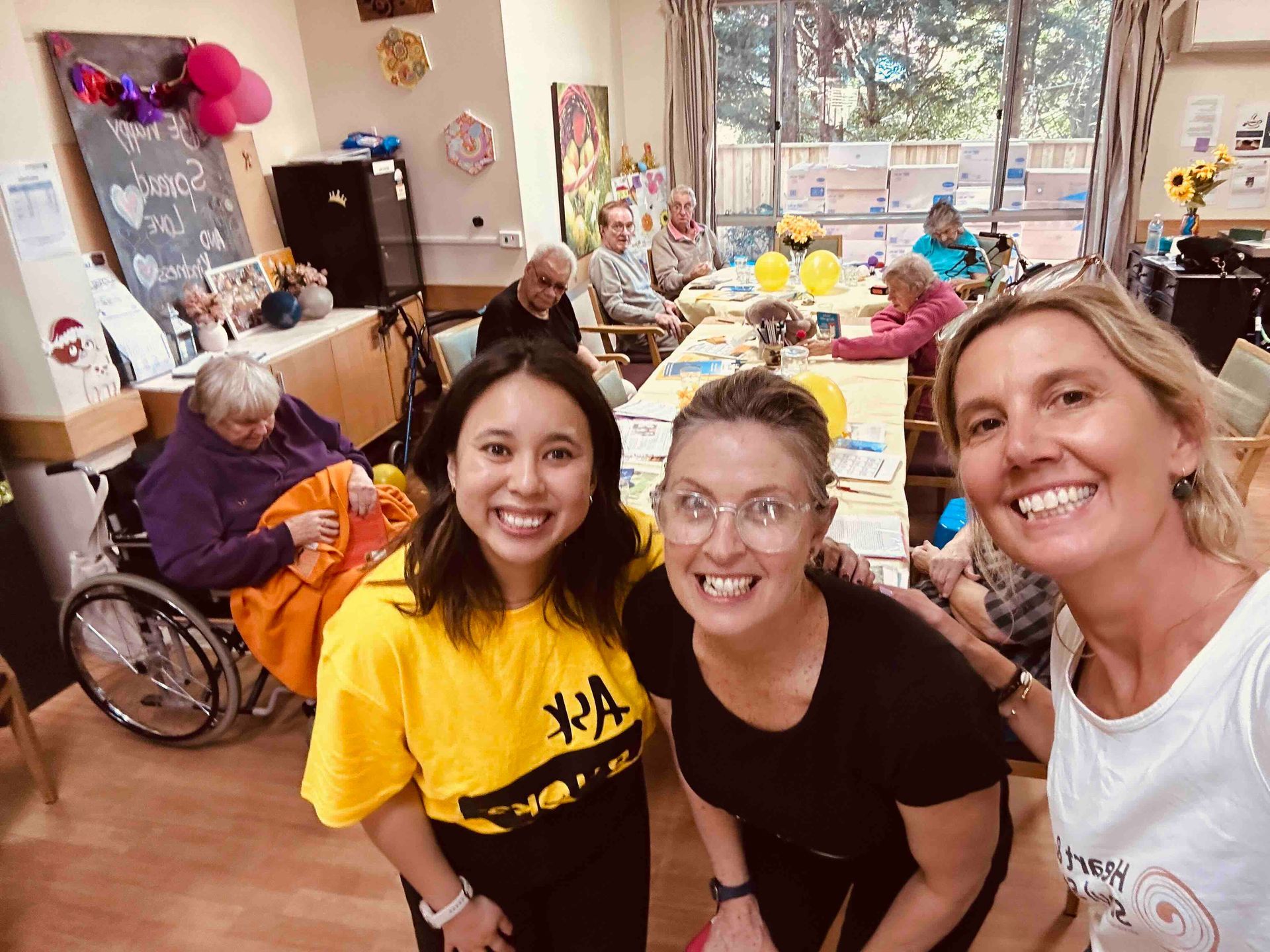Healing intergenerational trauma
R U OK? acknowledges Aboriginal and/or Torres Strait Islander peoples and communities as the traditional custodians of the land on which we live and work and pay our respects to Elders past, present and emerging.
You may have heard the term intergenerational trauma and discussion of its effects and impact on Aboriginal and Torres Strait Islander people and communities. But what does it mean, how can we begin to heal and what role can we all play in supporting the healing of those affected?
What is intergenerational trauma?
Trauma is used to describe situations or experiences that are emotionally painful or distressing and make it difficult for someone to cope. Intergenerational or transgenerational trauma recognises that the effects of trauma can be passed down from generation to generation and the ripple effect can be felt far and wide.
For Aboriginal and Torres Strait Islander people a history of forced removals, policies such as racial assimilation, socially sanctioned racism and violence and grief over the loss of land and culture have all contributed to intergenerational trauma.[1] If people don’t have the opportunity to heal from past trauma, they may unknowingly pass it on to others.
This video from the Healing Foundation provides an overview and explanation of what has contributed to intergenerational trauma for Aboriginal and Torres Strait Islander people:
Today we see symptoms of intergenerational trauma in broken relationships, disconnected families, violence, suicide and splintered communities.
How can we begin to heal?
Connection and belonging are identified as significantly important when supporting someone at risk of suicide.[2] They also form the foundation of healing from intergenerational trauma.
Professor Helen Milroy, a descendant of the Palyku people of the Pilbara region of Western Australia and a Commissioner with the National Mental Health Commission, credits connection to family, culture, where you’re from and identity as being key to healing.
“What we need to get back to is an emphasis on the strengths and protective factors that have allowed Aboriginal and Torres Strait Islander people to survive − despite the trauma and adversity they have experienced,” said Professor Milroy in this 2009 article. “Factors like extensive kinship systems, cultural and spiritual strengths, traditionally strong child rearing practices and early autonomy and self-reliance.”
R U OK? Community Ambassador Jacob Ridgeway, a proud Worimi and Gamilaroi man, credits cultural connection with helping him heal.
“The impact of trauma and loss since colonisation are high especially as the core of who we are is centred around land, family, kinship and community,” said Jacob.
“Knowing who you are and where you come from is an essential part of identity, pride and wellbeing for Aboriginal people. When that connection to land or cultural practice is disrupted, it can affect our mental health.
“Culture is a healer. On a personal level, my practice of connecting to culture is core to my existence. When I’ve gone through periods of healing that connection to country, kin and family has been able to boost my confidence, my self-esteem and it’s given me a push in the right direction.”
Healing through conversation
Jacob believes friends, family and individuals also have a role to play in healing.
“As a person, it’s about understanding other individuals and creating spaces where they can be empowered to own their identity, their voice, their experience, their personal truth.
“As well as being aware of the signs of trauma, it’s understanding the history that has created that trauma. It’s understanding the history of inequalities, disadvantage and social exclusion that have disadvantaged our people. This includes the dispossession of land, removal of children and discrimination that intergenerational trauma is linked to,” he said.
If you’re asking Aboriginal or Torres Strait Islander people about intergenerational trauma as you educate yourself it’s important to seek their consent. A simple, “Do you mind if I ask you about this” gives them an opportunity to say no if having the conversation may bring up complex emotions.
In this video from the Healing Foundation, Regina Turner President of the Mura Kosker Society shares how checking in on each other is an important part of healing.
“My healing advice for you is checking in on family. Always making sure that they’re OK. Letting them know that you’re there to support them but also being able to detect any signs of disharmony or if they need help at any stage.”
R U OK?’s ‘Stronger Together’ campaign for Aboriginal and Torres Strait Islander people and communities encourages everyone to play a role in increasing people’s sense of connection: connection to family and friends, hope, information and support. The campaign resources include a conversation guide which explores when and how to check in with friends and family who may be struggling and what to do if they need help. Download the resources here.
Useful links:
Healing Foundation - a national Aboriginal and Torres Strait Islander organisation that partners with communities to address the effects of intergenerational trauma: https://healingfoundation.org.au/
Sources:
1. Source: Australian Indigenous HealthInfoNet, Trauma, accessed 20 January 2020 { https://healthinfonet.ecu.edu.au/learn/health-topics/healing/trauma/}
2. Source: Joiner, T.E. (2007) Why People Die By Suicide. Harvard University Press. USA.






















